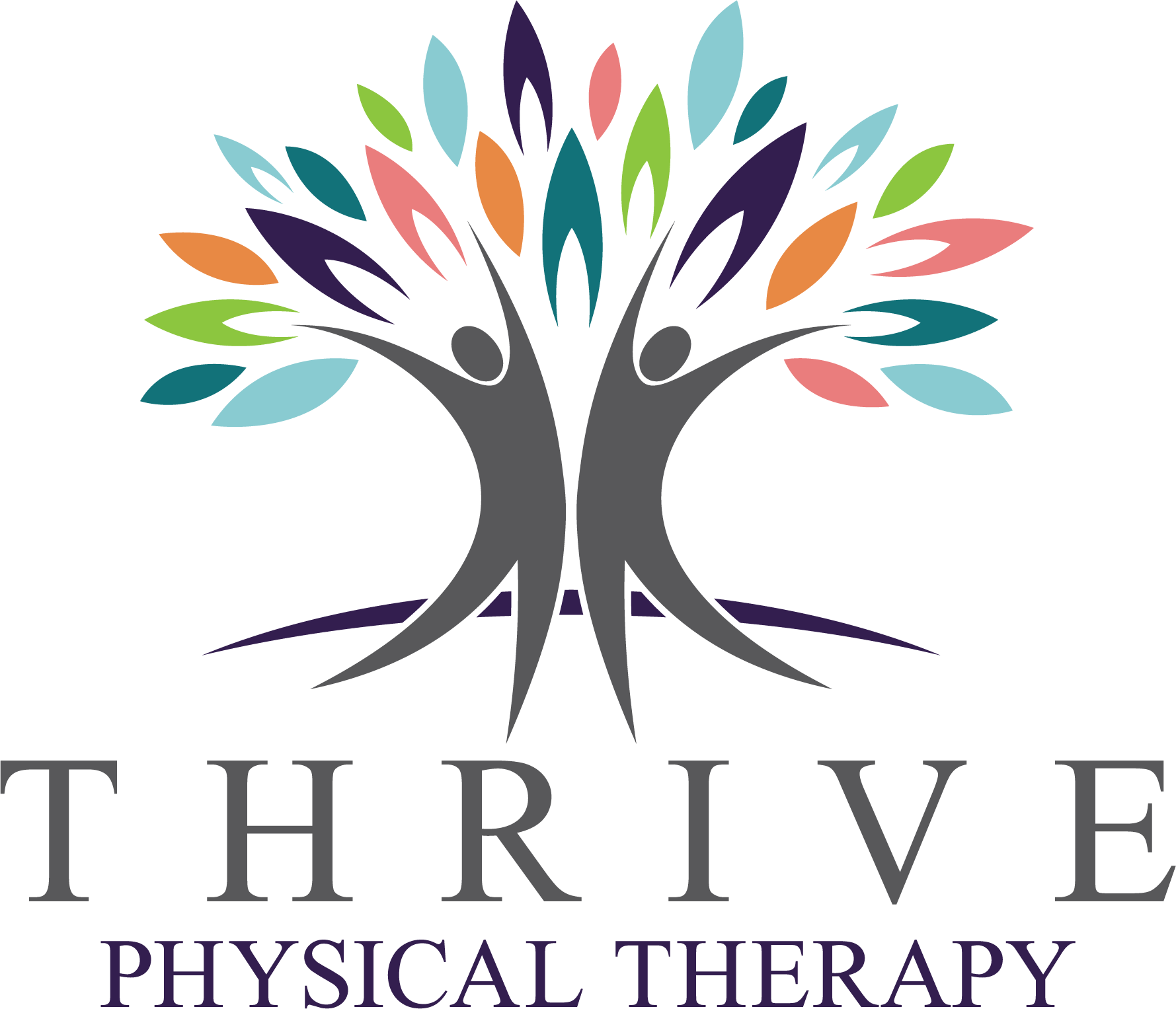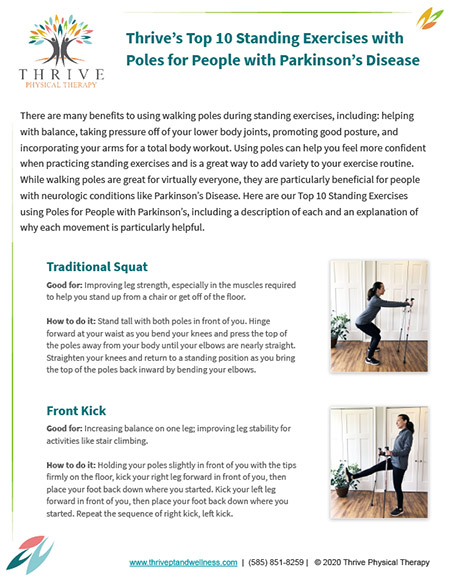The other day I was picking up a prescription at the pharmacy but it wasn’t quite ready. As I waited, I was wandering around the store aimlessly when something grabbed my attention and immediately transported me to my childhood. I was in the hair care aisle and the unmistakable smell of Aquanet filled my nose. Without conscious thought, the scent conjured up a vivid image of my great-great-aunt Miney sitting at her kitchen table after getting ready for the day, poofy white hair covered in a mist of Extra Super Hold hairspray. The memory was so real, I could almost feel her warm, paper thin, blue-veined hand holding mine across the table while I ate cinnamon sugar toast. So real that I could suddenly see the orange and yellow floral wallpaper on the kitchen walls and the peeling brown linoleum floor tiles–which I hadn’t thought about in decades. My heart filled with warmth as I was taken back in time while standing in aisle 18 of CVS.
You, too, have probably experienced something similar. A brief instance when a scent transports you to a long-ago moment, and vivid details emerge in your mind that were quietly locked away for many years. Our sense of smell deeply enhances our human experience in day-to-day life and is strongly linked to memory, emotion, and even our ability to learn.
 If you are a person with Parkinson’s disease (PD), there is somewhere between a 75 and 95% chance that your sense of smell is diminished, this is known as hyposmia. In fact, this commonly overlooked, essentially universal non-motor symptom of PD is often one of the first to emerge in a person whose body is affected by the disease. Hyposmia may predate more visible symptoms like shuffling while walking, balance issues, or a tremor by years and can go completely undetected. Many people with PD often overestimate their sense of smell and may feel it is normal when it is actually diminished.
If you are a person with Parkinson’s disease (PD), there is somewhere between a 75 and 95% chance that your sense of smell is diminished, this is known as hyposmia. In fact, this commonly overlooked, essentially universal non-motor symptom of PD is often one of the first to emerge in a person whose body is affected by the disease. Hyposmia may predate more visible symptoms like shuffling while walking, balance issues, or a tremor by years and can go completely undetected. Many people with PD often overestimate their sense of smell and may feel it is normal when it is actually diminished.
You may be thinking, “I’ve got a lot more to worry about beside being able to smell things” but I strongly encourage you to stick with me on this one. It’s more important than you may realize! And best of all, there’s something you can do about it!
Our sense of smell is very important. It can warn us of problems, like burning toast, rotten lunch meat, or a gas leak, and our immediate day-to-day experiences are profoundly influenced by our ability to smell.
Let’s consider eating. Smelling food triggers a cascade of physiologic responses to prepare our body for digestion and nutrient absorption. Has your mouth ever watered at the scent of freshly baked chocolate chip cookies? That delicious smell is stimulating your digestive juices, telling your brain to get excited about food and prepare your body for the eating experience. Without the ability to smell food, the important process of readying your digestive organs for efficient and thorough nutrient absorption doesn’t happen. This can contribute to common digestive problems in Parkinson’s, like constipation. Our sense of smell also shapes our overall appetite. Food just doesn’t taste as good if we can’t smell it, and this loss of flavor can remarkably reduce our desire to eat. This may mean you eat less and therefore increase your risk of nutritional deficiencies and weight loss. People often turn to high fat, sugary foods to continue to find food pleasurable, but unfortunately, these foods are completely devoid of micronutrients and cause unhealthy spikes in blood sugar levels.
Severe loss of smell has been associated with faster disease progression and higher risk of cognitive decline in patients with PD. We’ve all experienced something like I did in CVS when I was reminded of aunt Miney, which shows just how closely smell is linked to memory. Studies have shown that people with a poor sense of smell upon PD diagnosis have an increased risk of developing dementia.
Some people can notice a definite change in their sense of smell but others might not. If you are looking for an objective measure of your sense of smell, ask your medical provider if they offer the UPSIT Test. Alternatively, IdentiMD makes a home test kit, sold here.
So, you might be wondering, “OK, I can measure my sense of smell, but if it’s not great, what can I do about it?” Luckily, we can apply the same principles of exercising our body to exercising our sense of smell! Recent studies have shown that olfactory training is effective at improving the sense of smell of people with Parkinson’s disease. Think of your sense of smell as a muscle that you can strengthen just like you can strengthen your legs by doing squats.
You can work on exercising your sense of smell without significantly changing your daily routines. There are several simple ways to work on smell training and perhaps one of the easiest is by taking a mindful approach with mealtime. I’ve outlined the two steps below.
Mindful Meal Preparation:
Start off with the conscious intention to think about how you use your sense of smell during meal preparation.
Pay attention to the different aromas at each step of your meal prep. Think about how the smell of your food develops as you prepare it.
 How do the individual ingredients smell when they are raw vs when they are cooked?
How do the individual ingredients smell when they are raw vs when they are cooked?Aware Eating Experience:
Eat undistracted–turn off the TV and concentrate on your plate.
Focus on smelling each bite before you place it in your mouth.
Exaggerate your smelling technique the same way you make your exercises big.
Experiment with healthy, high flavor condiments to enhance the flavor of your meal. Try adding kimchi to a salad or spread spicy brown mustard on a sandwich.
Here are a few more ideas to work on waking up your olfaction:
-
Purchase a scent kit from the Scent Guru Group or AbScent if you’d like to have a neatly packaged sensory retraining experience in a box!
-
Make your own scent kit from herbs and spices in your kitchen. A fun variation on this is to simply cover up the labels of the jars they are already in and try to identify them by scent. Once you reveal the label, play around with slowly moving the container away from your nose and see how far you can move it and still catch its scent. This can be fun to do as a group!
-
Go for a smell-sentric walk outside. How many smells can you detect? The grass? An evergreen shrub? Flowers? Wet leaves? A bonfire? Make a game of how many different unique scents you can identify.
-
Aerobic exercise! Many anecdotal reports and now preliminary research studies indicate that consistent aerobic exercise can positively affect and preserve our sense of smell. Biking, walking, swimming, or dancing are just a few examples of ways to get your heart rate up for a sustained period of time — what others can you add to this list? Not sure where to start? Click here for a free exercise consultation with one of Thrive’s awesome Physical Therapists!
Leave a comment below and share your thoughts about hyposmia and smell retraining! We’d love to hear from you with any innovative ways you’ve worked on your own sense of smell and are happy to answer any questions you may have around this fascinating and important topic!
Note: Thrive Physical Therapy is not affiliated with nor compensated by any of the companies mentioned in this blog post.
References:
https://www.ncbi.nlm.nih.gov/pmc/articles/PMC4233420/
https://link.springer.com/article/10.1007/s00702-019-02074-0
https://www.frontiersin.org/articles/10.3389/fnagi.2020.00043/full
https://www.frontiersin.org/articles/10.3389/fnagi.2020.00043/full
https://www.hindawi.com/journals/pd/2016/9725089







